The Fundamentals of Quick Soak Stovetop Beans
I don't like to soak beans overnight. There is quite a debate over whether or not this is a necessary step. And I fall kind of wishy washily on both sides. On one hand, I do think that it makes a difference. The beans that I soak overnight cook more evenly and have a smoother consistency when puréed. Although I don't always have the foresight to do this and very often just like to go for it! Hence, the Quick Soak Stovetop Beans.
This does mean that the beans take longer to cook and don't always cook as evenly all the way through. They can be softer on the outside and still firmer on the inside. This can be a good thing, though. Being a little bit firmer can help the beans keep their shape and is great for things like salads.
There is also no comparison to dried versus canned beans. Canned beans are in a brine, they tend to have copious amounts of salt, and there's a graininess to them that conventional blenders will not be able to purée out. This is usually why there's noticeable difference in the taste and texture of homemade and restaurant beans.
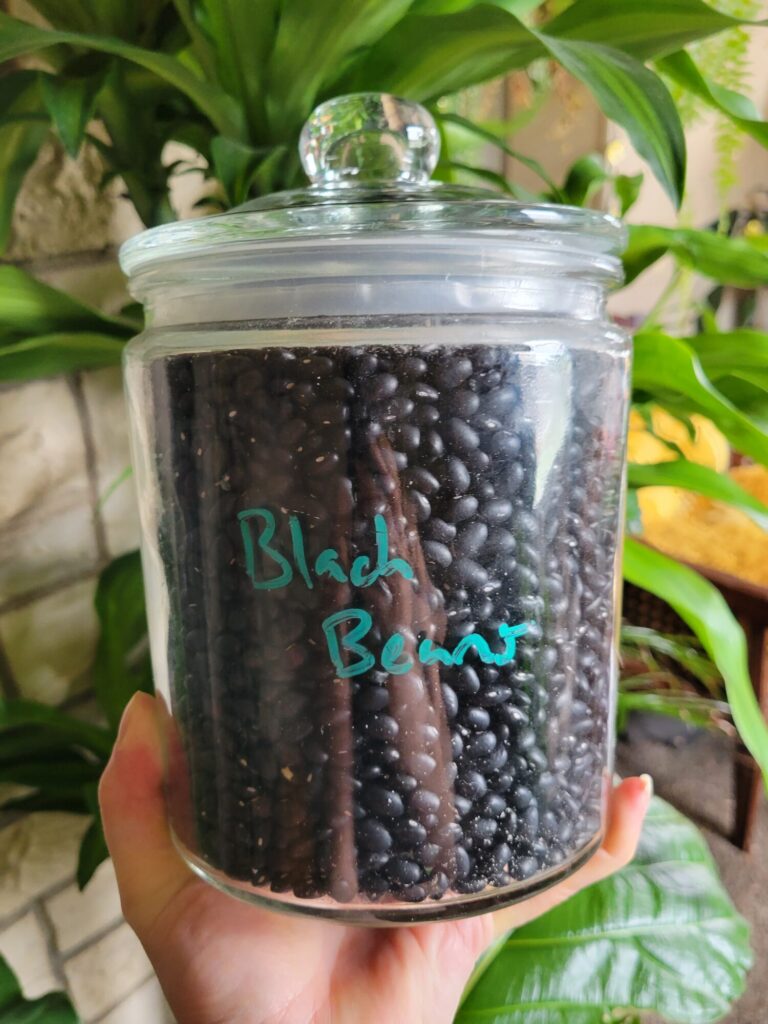
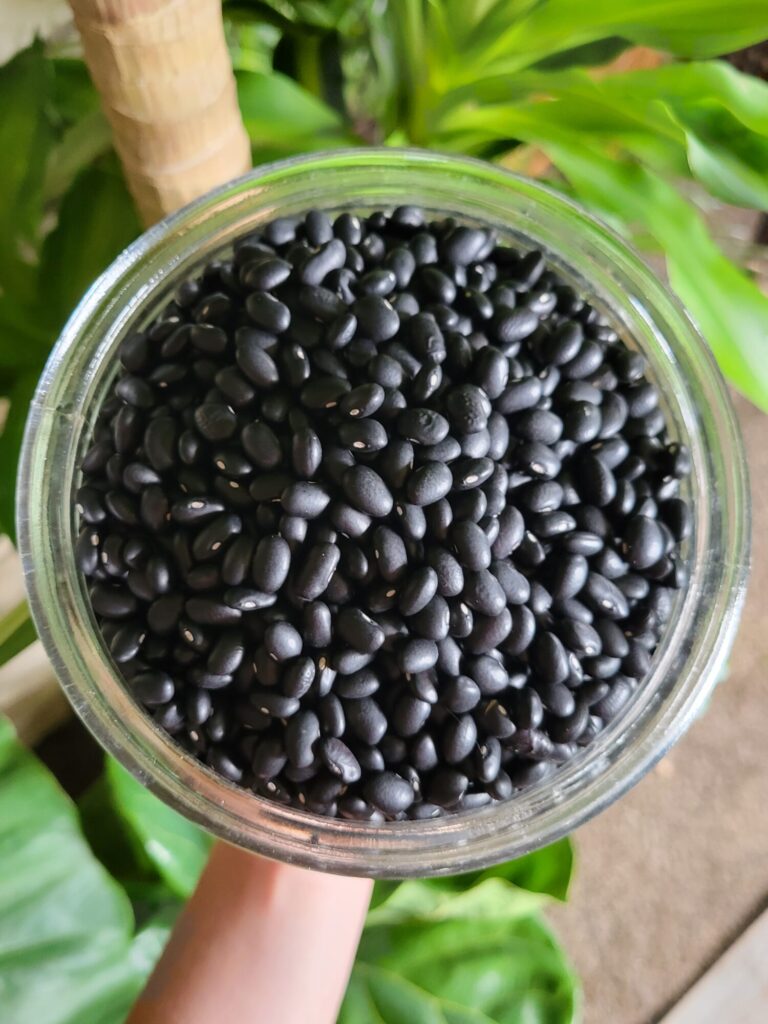
Do You Need to Pre-soak Beans?
It's kind of like the difference between preheating the oven or not. Yeah, it's going to make a difference with bread. I dare say that anything made in an oven that hasn't been preheated may not even qualify as actual bread. You can make flatbread on a cast iron skillet without even having an oven, but even then you still have to preheat it!
When reheating a pizza, though? I don't always preheat the oven. Sometimes I just toss a slice into the air fryer and call it close enough.
Whether or not pre-soaking the beans is necessary depends in large part on the beans and what you plan on doing with them. I find that denser beans, like black beans, pinto beans, and chickpeas (garbanzo beans) tend to do well with pre-soaking.
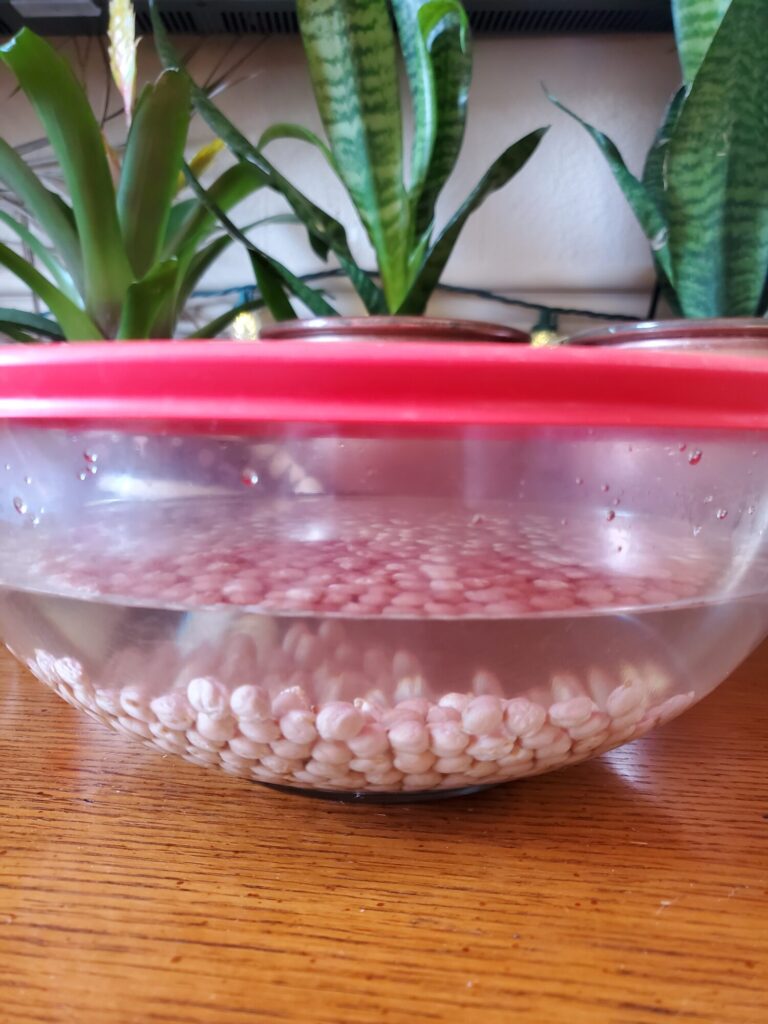
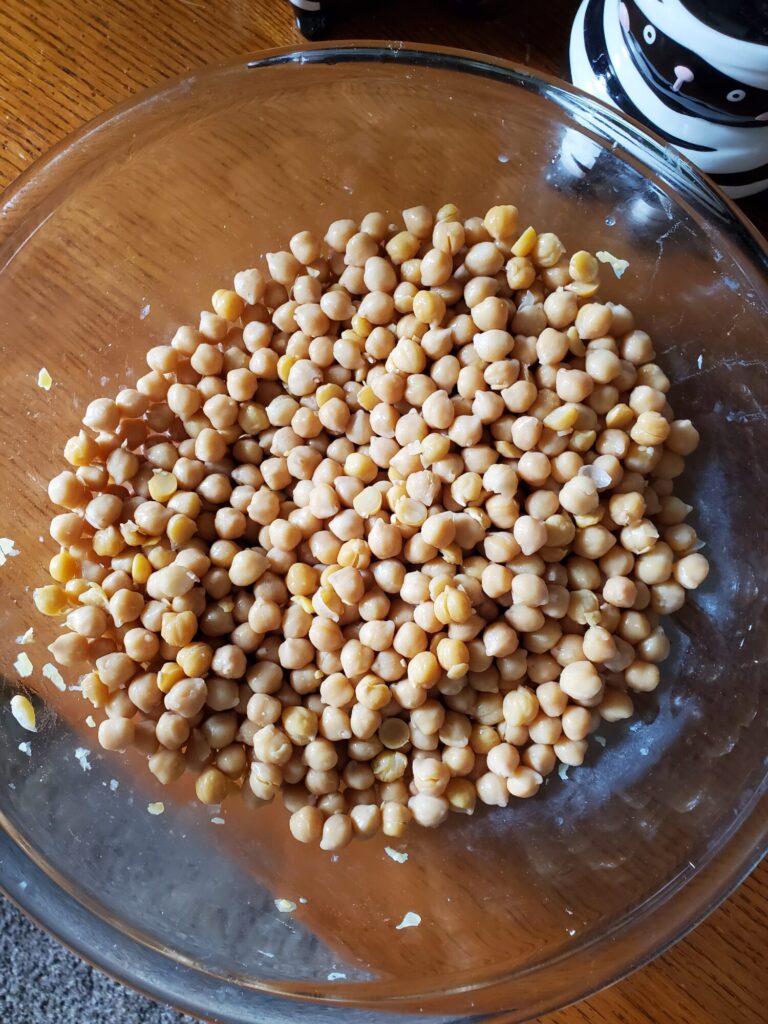
When to Pre-soak Beans
I always soak chickpeas (garbanzo beans) ahead of time. I tend to soak them for a minimum of 6 and up to 12 hours when I leave them overnight. Any longer than this, you can pop them in the fridge to prevent spoiling. This is because chickpeas are particularly dense and require a good amount of soaking and cooking in order to soften enough to purée into a delicate and smooth hummus.
Now, chickpeas aren't a bean per say. They're more like the cousin of pinto beans, like they're also the cousin of peanuts. Although I do still pre-soak cashews before turning puréing them into a dip and some nuts need to be cooked before consumption to remove toxins. So, comparing chickpeas and certain nuts to beans is an adept comparison.
That having been said, I recommend pre-soaking denser beans. For me, this often ends up being black beans and pinto beans. Although I don't always do this, I do recommend it! They take significantly longer to cook without pre-soaking. If you don't soak them ahead of time, the outside of the beans tend to soften faster than the inside of the bean. This results in a firmer crunch to the bean and doesn't lend itself well to things like refried beans, which are quintessentially soft and sometimes puréed entirely.
Generally speaking, for a silky, smooth consistency, like refried beans and bean dips, soaking is highly recommended.
The flip side of this is that pre-soaking beans can lead to a mushy consistency. If you want the beans whole, like in a bean salad, having a bit of a crunch and a less smooth consistency is preferable!
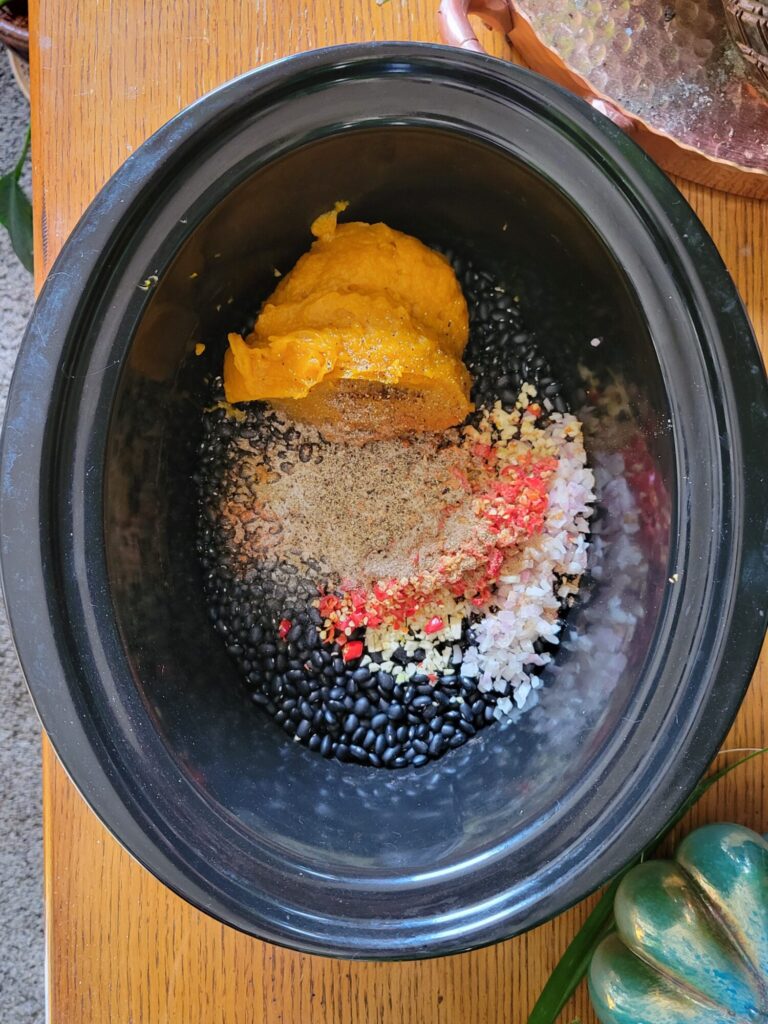
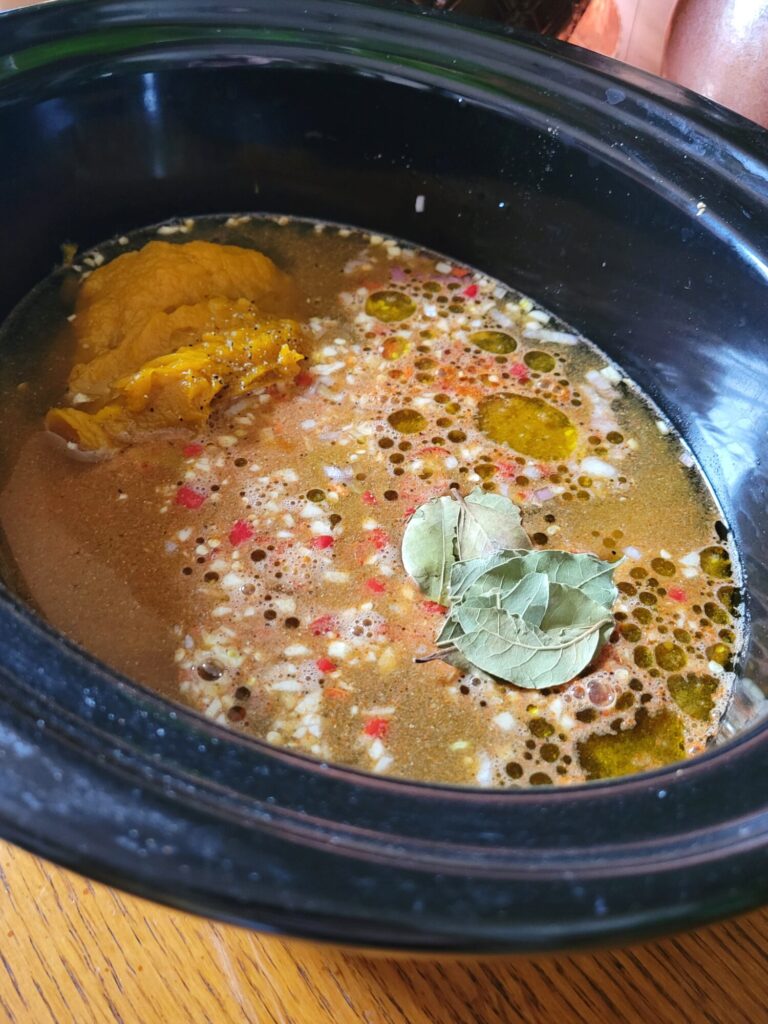
When NOT to Pre-soak Beans
There are certain beans that I don't soak ahead of time. Soaking beans ahead of time requires forethought. It means realizing yesterday that you're going to make something today and actually taking steps ahead of time to make this happen.
The problem with forethought is that I'm not always great at it! I tend to get up in the morning and then decide what I'm going to make. I tend to work long days, get home after dark, and think much more about sleep than preparing for what I'm going to make the next day. Although I don't always do this. Sometimes I like to get home and cook into the wee hours of the night and potentially the next morning! But let's not pretend that that's how I function on a daily basis.
This makes the option to cook beans without soaking them overnight a good one. Laziness aside, there are also beans and dishes that work better without soaking.
Beans where you want a little bit of a bite to them, like in soups, salads, and casseroles, don't tend to lend themselves well to soaking. These can easily overcook and turn turn into mush in the types of dishes where you still want the beans to have a little bit of a bite.
There are also softer beans, like certain types of white beans, that are less dense and don't necessarily require soaking. Navy beans in particular are a very soft bean that is typically doesn't require soaking because they take so much less time to cook. Pre-soaking can easily cause them to break apart and look more like mashed potatoes than beans.
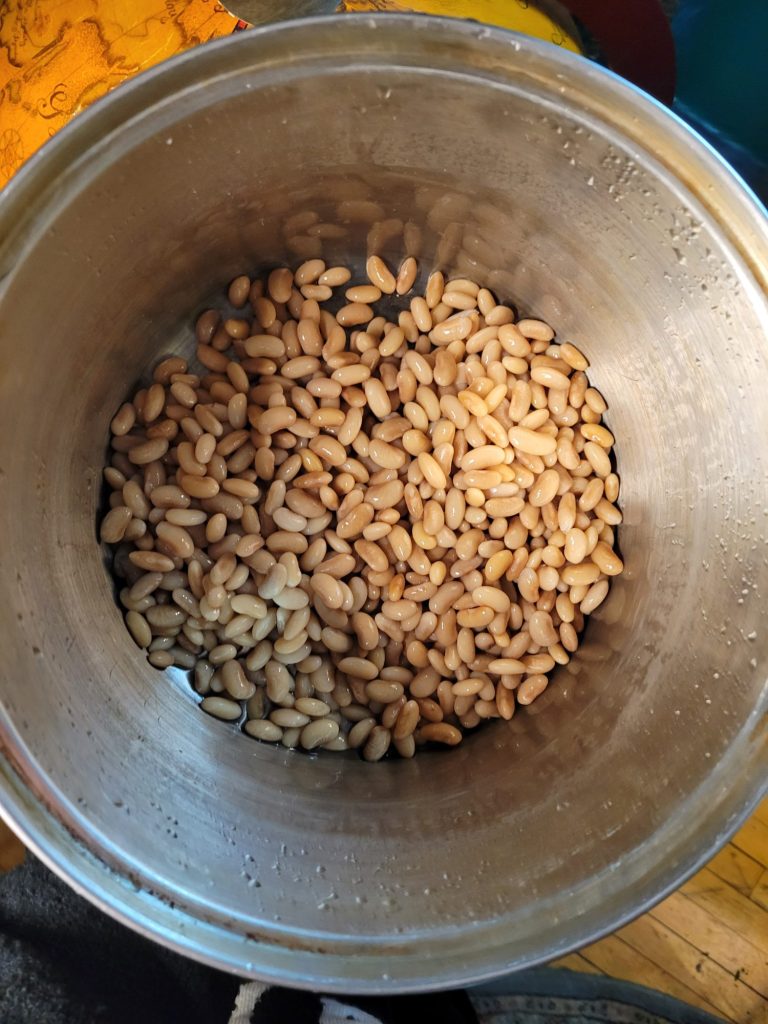
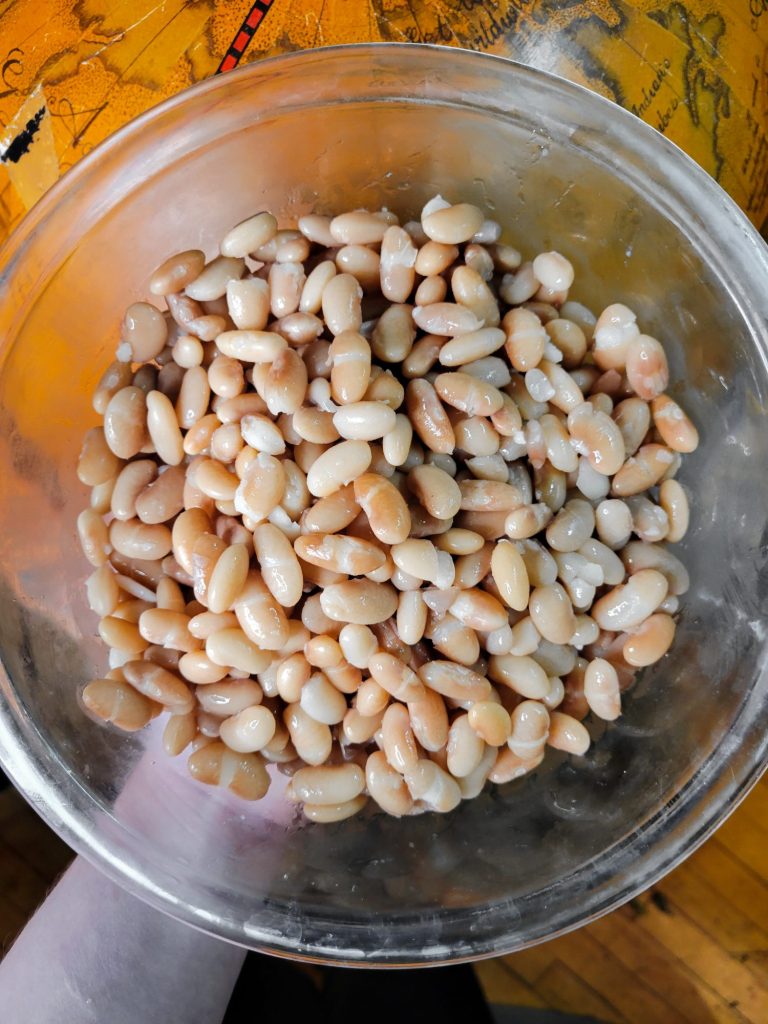
Is There a Halfway Point Between Soaking Overnight and Just Going for It?
Fortunately yes, yes there is. If you get up early enough and decide what you're going to make early on, it is possible to fit a 6-12 hour soak in and then cook the beans the same day. I've done this before. There are sometimes enough hours during the day to pull this off.However, there is a quick soak method.
"Quick soak" is kind of a misnomer. It's less of a pre-soak than a pre-cook. It consists of adding the dry beans to a pot, bringing to a rolling boil, and then removing from heat and covering with a lid for an hour. This helps penetrate the inner layers of the beans and helps result in a softer bean than no soaking at all warrants. It won't give as smooth a consistency as soaking beans for 6-12 hours does, but it is a good compromise in a pinch!
Gallery of Quick Soak Stovetop Beans
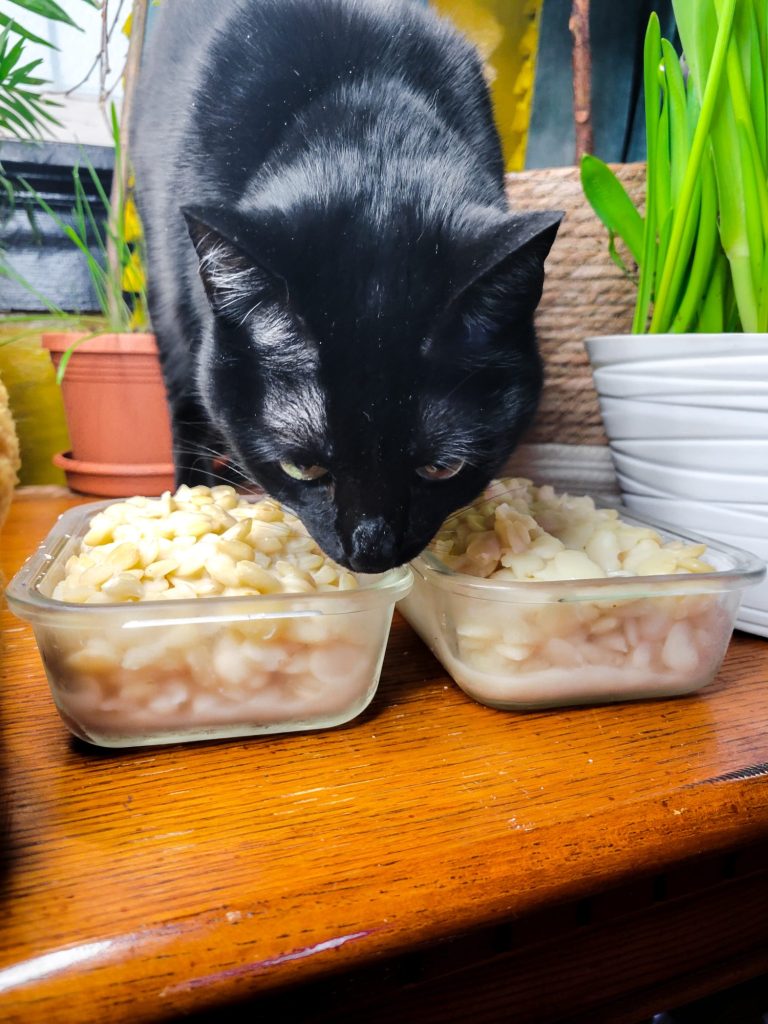
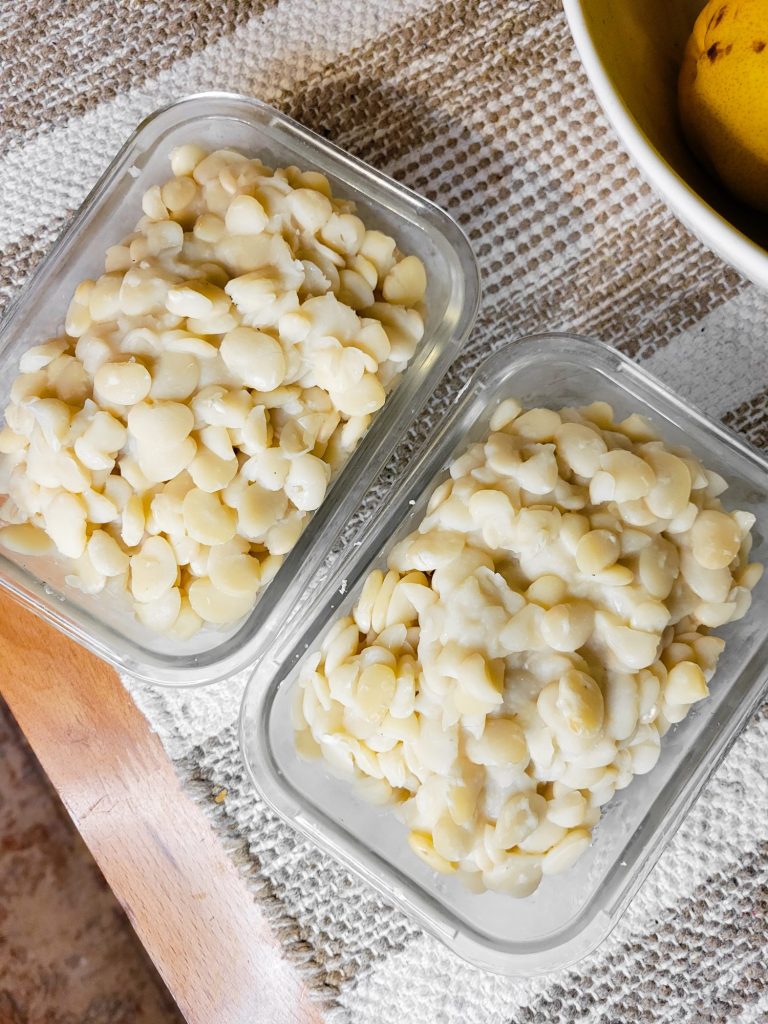
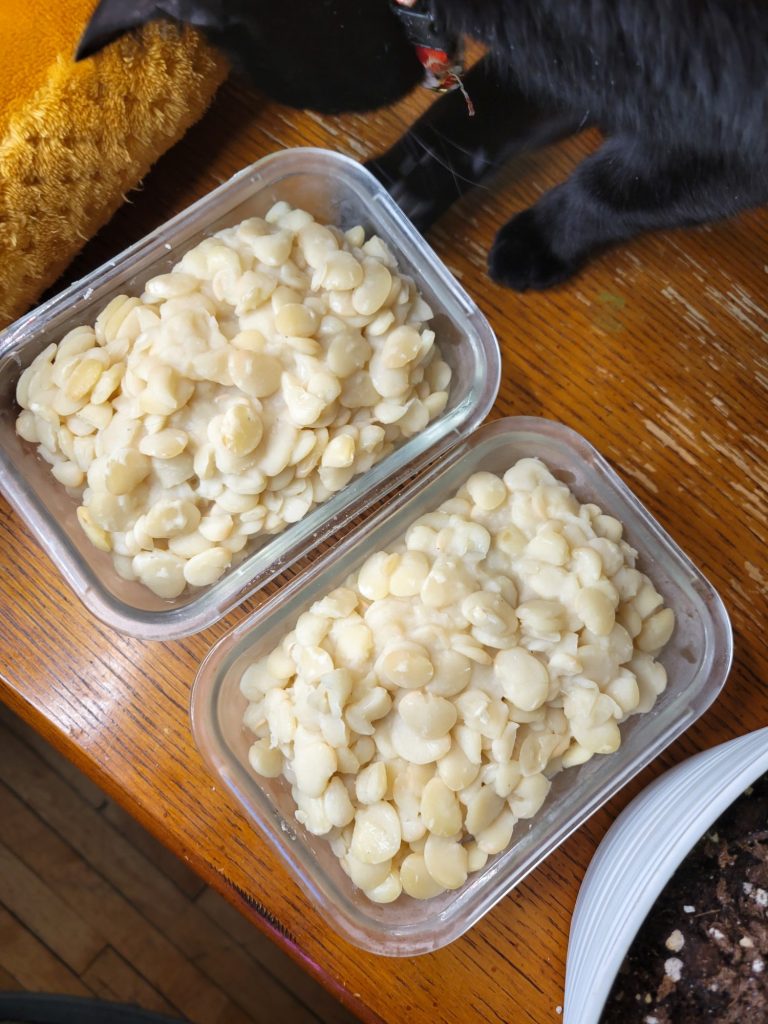

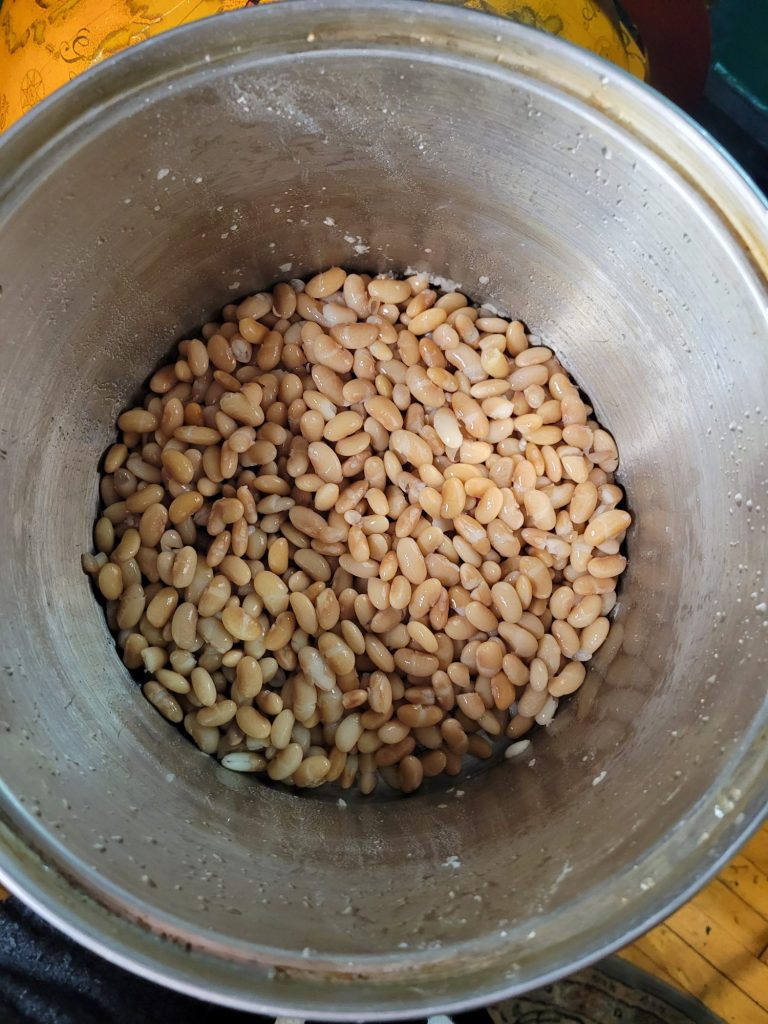

Variations of Quick Soak Stovetop Beans
I am a fan of a longer soak sometimes. These Quick Soak Stovetop Beans only take about 3 hours, which is an incredibly short amount of time for beans! Although, they do require some extra work and careful watching. For a more hands off approach, I have several recipes where I do a full soak or toss them in a crock pot.
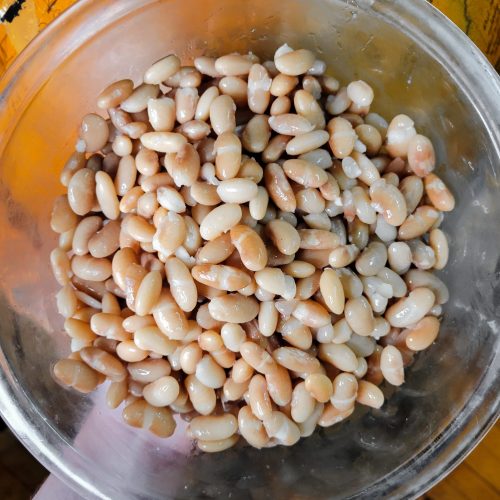
The Fundamentals of Quick Soak Stovetop White Beans
Equipment
- Large Pot w/ Lid
- Stovetop
Ingredients
- 1 lbs. white beans dried (~2 cups)
- 8 c. water
- 6 c. water
Instructions
Quick Soak Beans
- There is much debate over whether or not you should soak beans ahead of time before cooking! I ordinarily recommend it with hardier beans, like black beans and pinto beans. With softer beans, like white beans, I find that it makes less of a difference.You can soak the white beans in cold water for at least 12 hours. This will cut about an hour off of the cooking process and results in slightly softer beans. If you're making hummus or something that requires a smoother consistency, there's an argument to be made for going with the longer soak!However, I skipped it this time and just went for a quick soak. I didn't have the foresight to soak the beans ahead of time. I also knew that I was going to purée them in with walnuts, so they were going to have a little bit coarser consistency, anyway.
- Add white beans to a pot and fill with 8 cups of water. Bring, uncovered, to a boil.
- Once the water comes to a rolling boil, add the lid and remove from heat. Let sit for an hour.
Cook Beans
- After the beans have soaked, drain and rinse.
- Return the beans to the pot and cover with another 6 cups of water.
- Bring to a boil and then reduce heat to a simmer.
- Simmer for 1½-2 hours, or until tender. You may need to adjust the temperature to keep them from boiling as they cook down.They should still keep their shape and not turn to mush. But theoretically putting a fork in them would split them in half.
- Drain the beans immediately after cooking. Serve or refrigerate.
Tips, Tricks, & Notes
- This works with a variety of white beans. White beans make a great quick soak bean because they tend to already be fairly soft. You can do this with just about any bean, though. Just adjust the cook time from 1½-2 hours to as long as it takes for the beans to soften. For something like chickpeas, this can take 2-4 hours to cook. Whereas a lima bean might take as little as 30-60 minutes. It's important just to check on the beans at least every half hour or so to stir, adjust the temperature if it begins to boil rather than simmer, and add more water if it simmers out too quickly.
This Page Contains Edited Images
As a general rule, I don't like to edit my images and I am firmly against alteration of images in food blogs. It's not something that we generally think about when it comes to recipes. But food styling, editing, alteration, and even faking entirely is just as rampant a problem in the recipe realm as anything else! Cooking is a very visual art and you can tell when a lot of foods are cooked based on the color. So, when this is altered and you can't use the coloration as a gauge, it makes it quite difficult to follow some recipes. I have an entire article about Food Styling and Unrealistic Expectations of Recipes.
Because of this, I try very hard not to alter any of my photos. I like to take photos with natural sunlight during the day. Ordinarily this is very true to color and I don't edit the photos at all. However, since my place is very warm with a lot of yellow lighting, sometimes my camera overcompensates and ends up with an unnatural blue tone. In the following images on this page, I adjusted the levels and hue to try and make this more true to color. In the interest of transparency, these are the before and after photos.
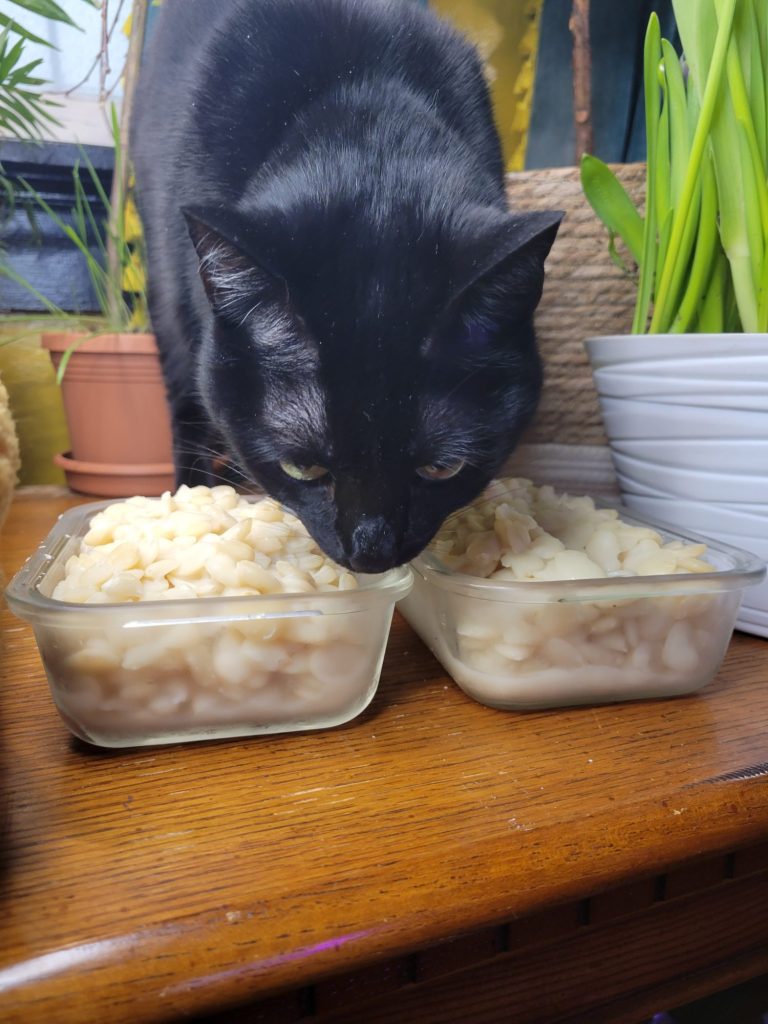



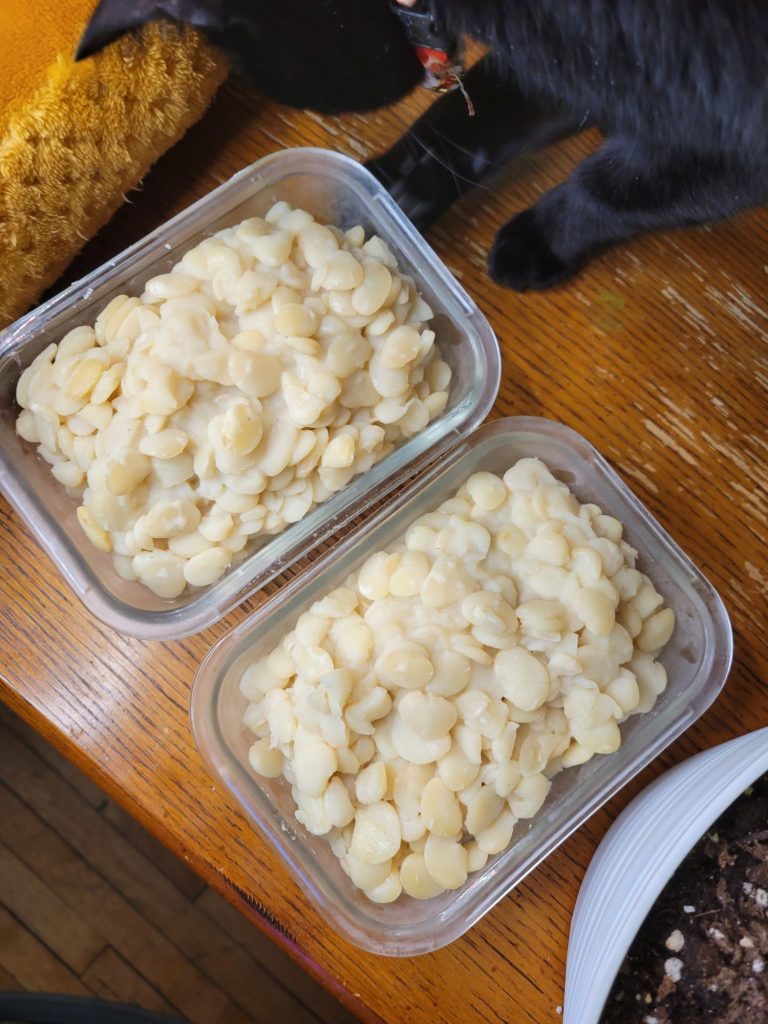

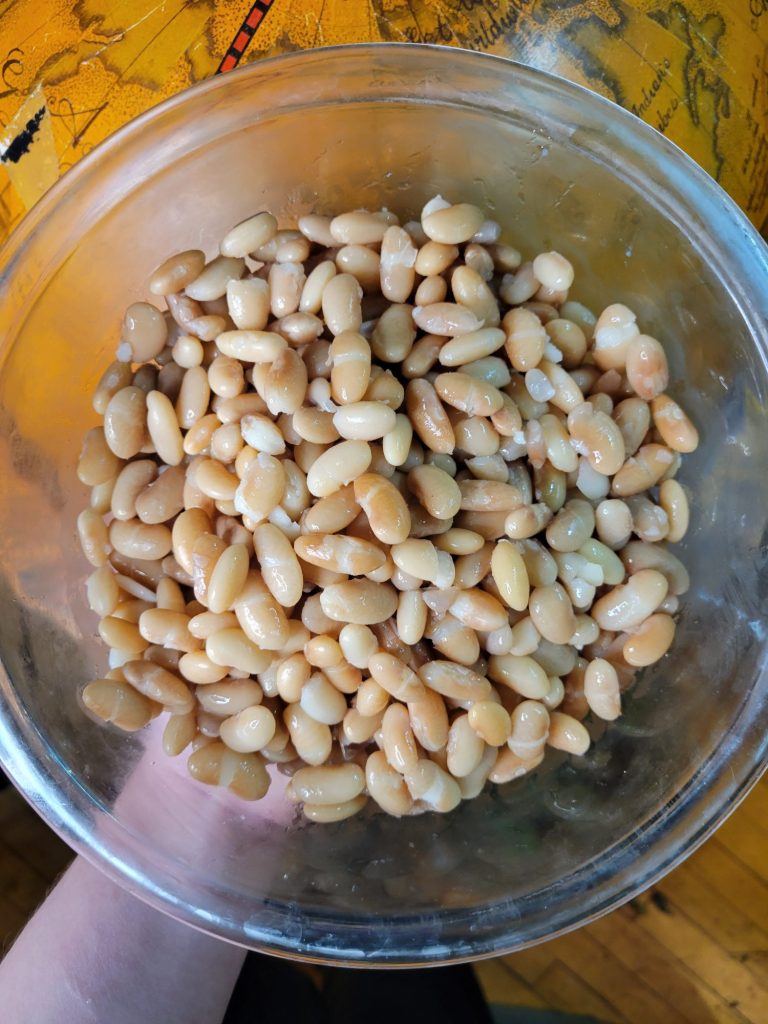

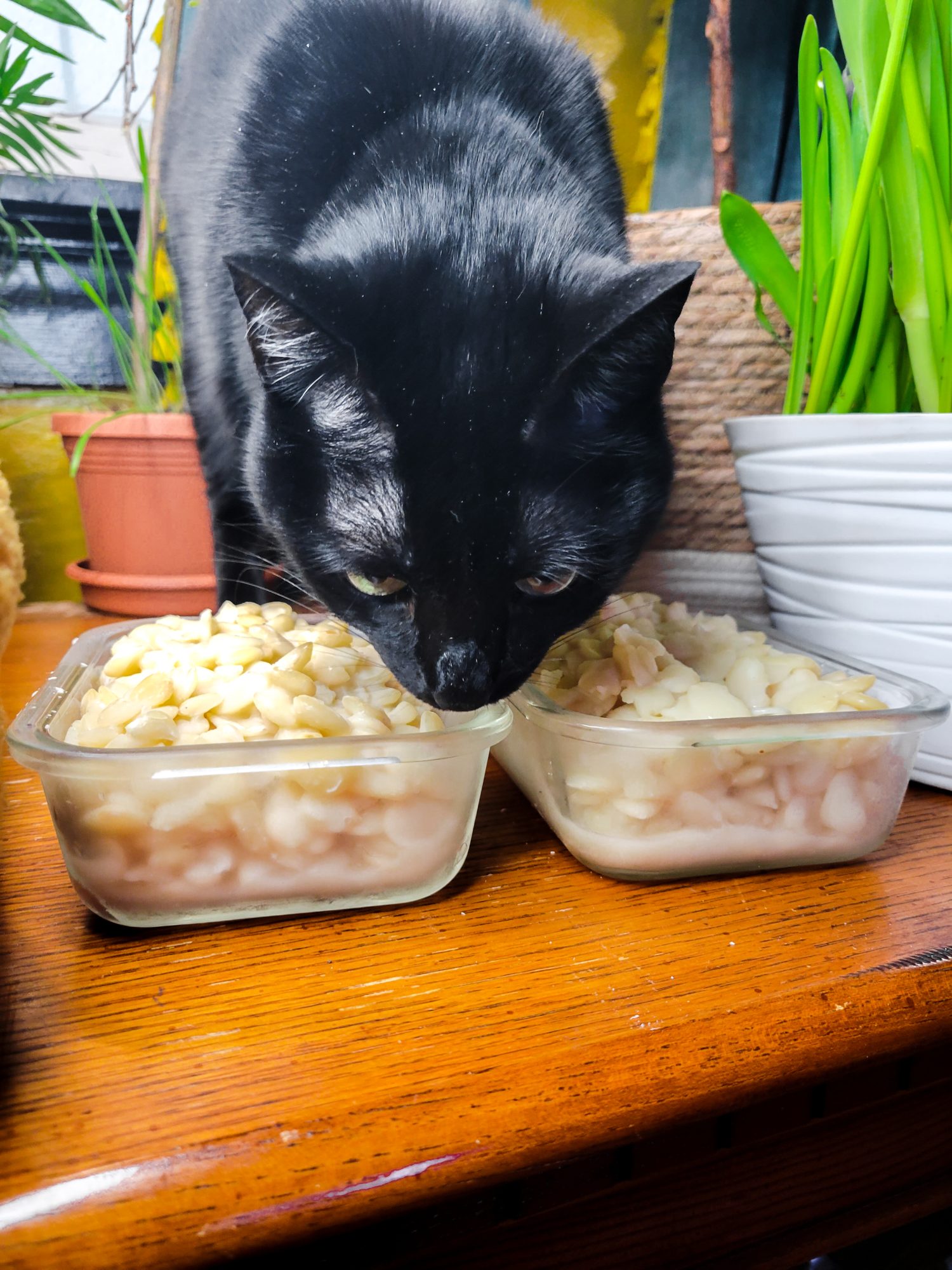
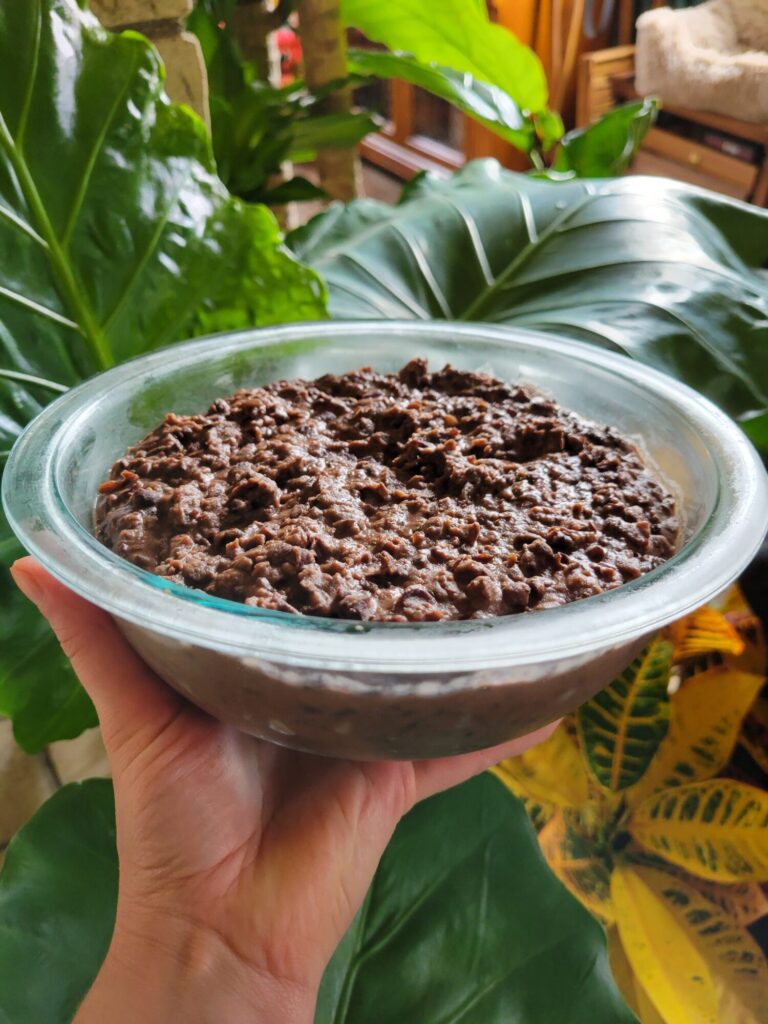
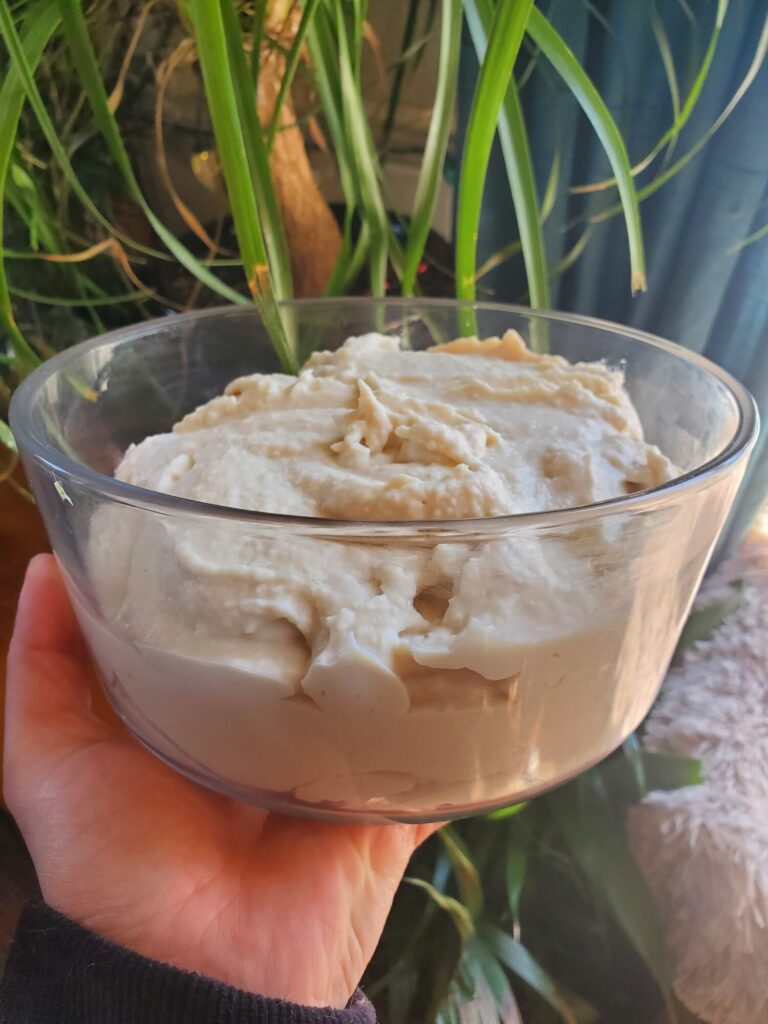
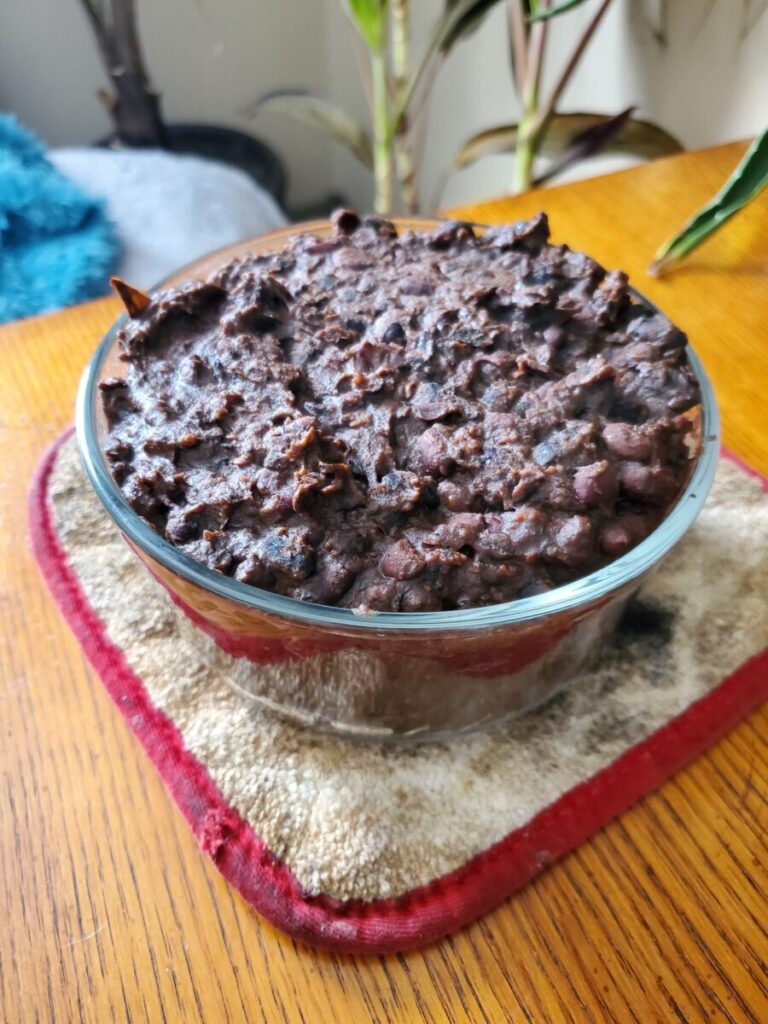
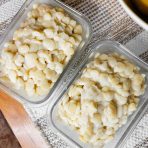
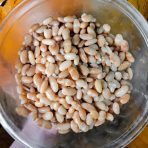
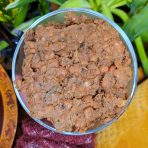
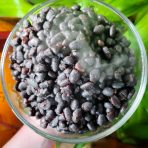
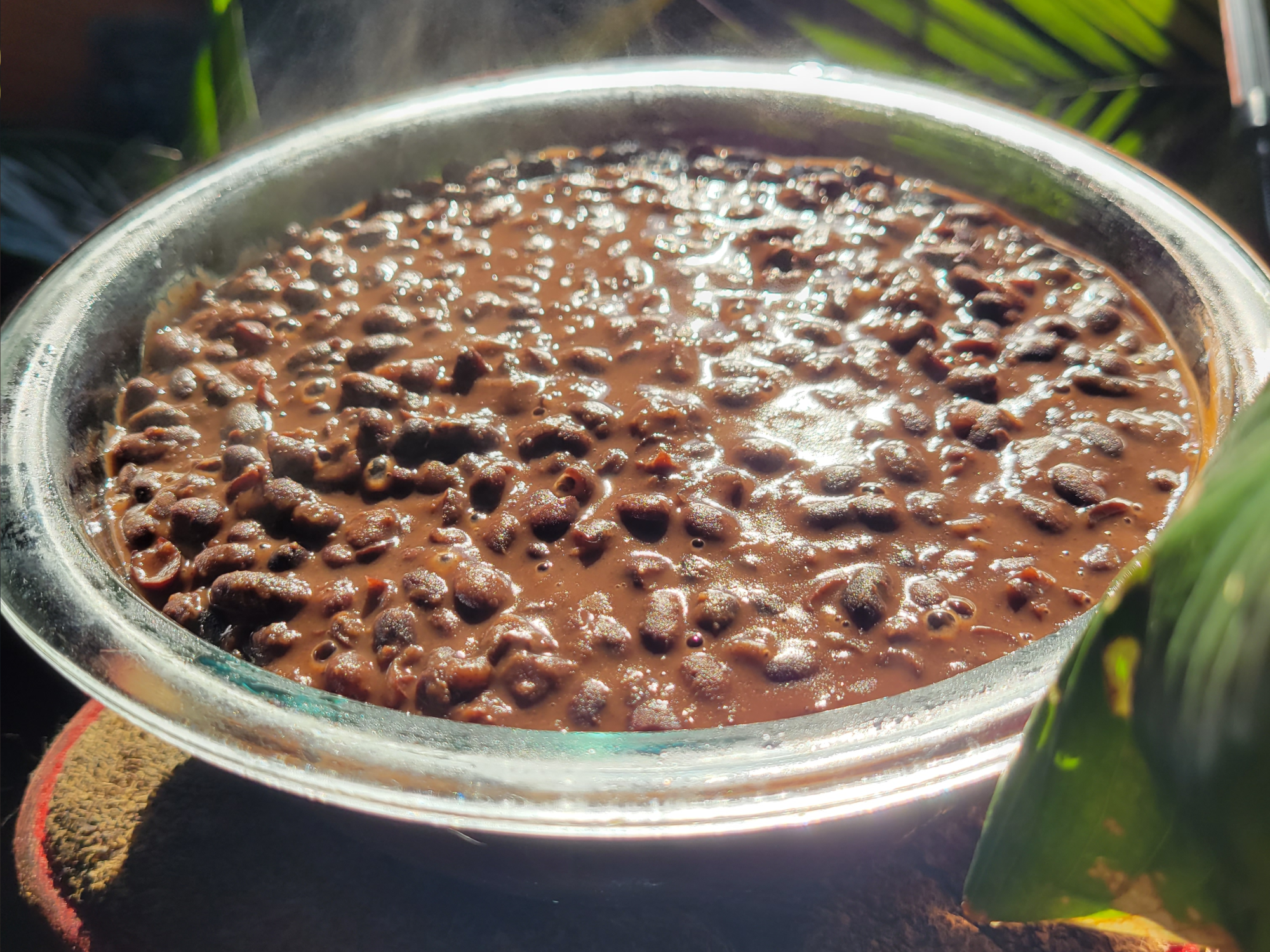
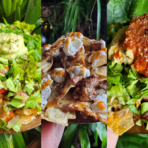
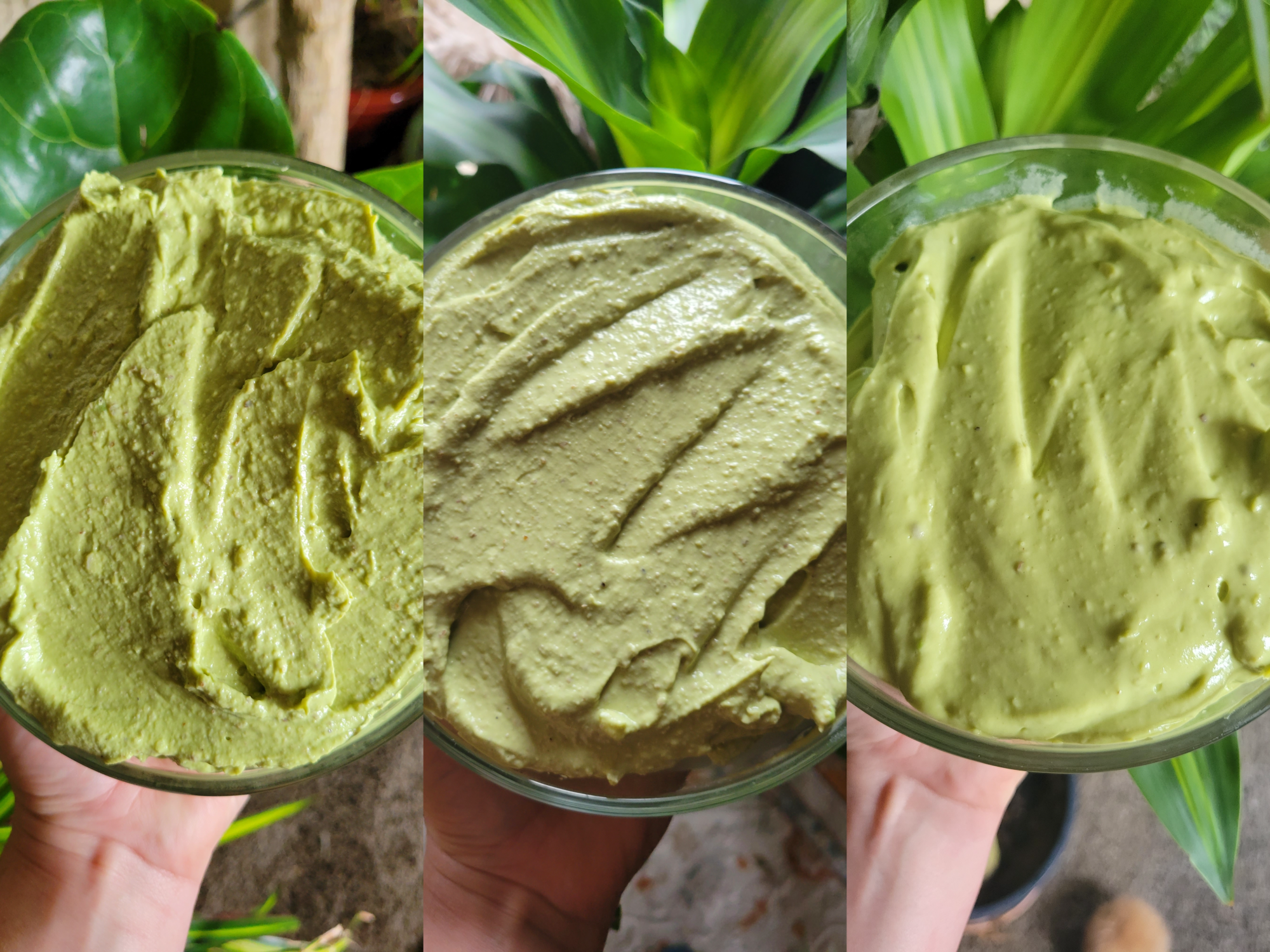
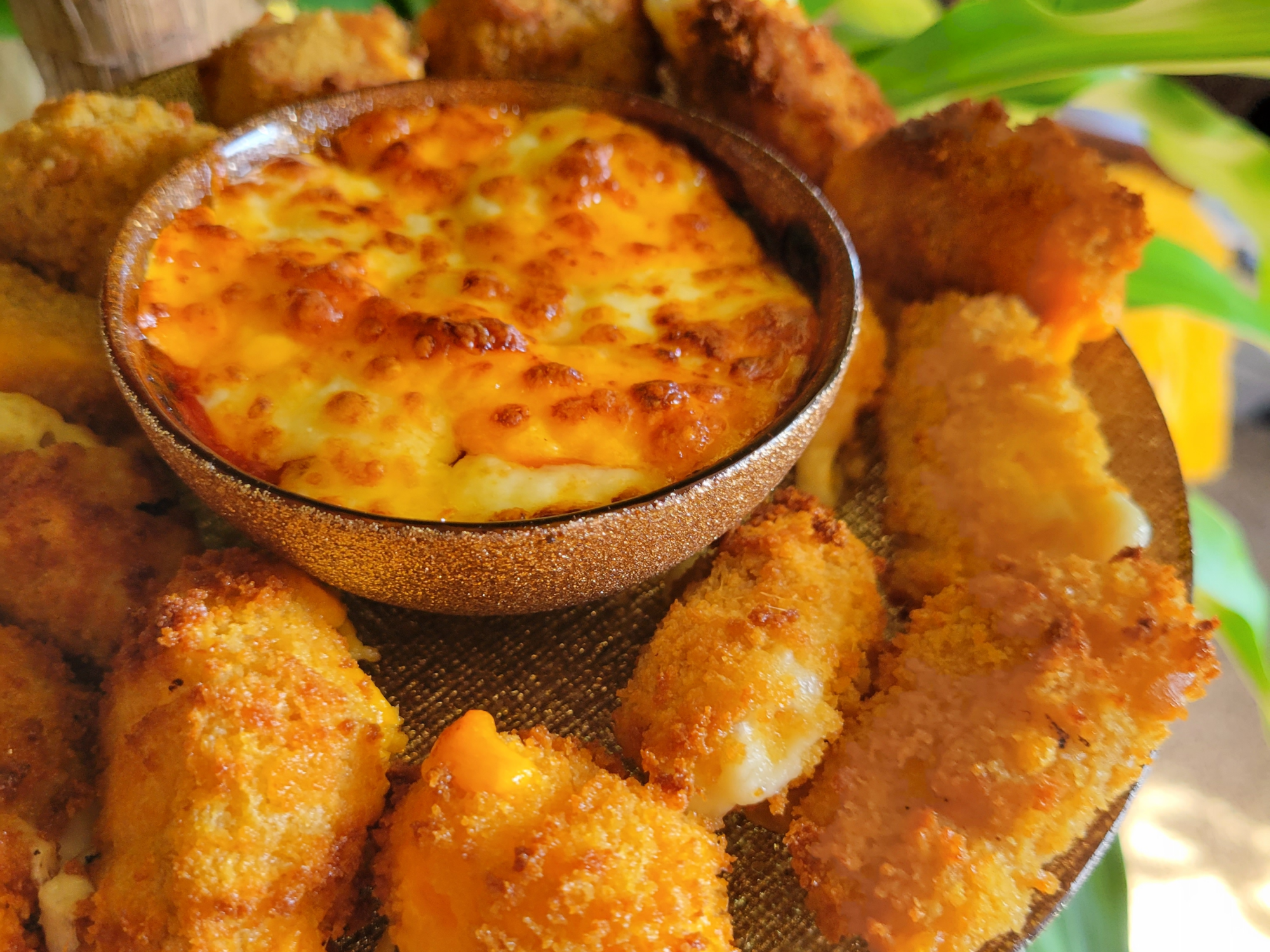
Leave a Reply